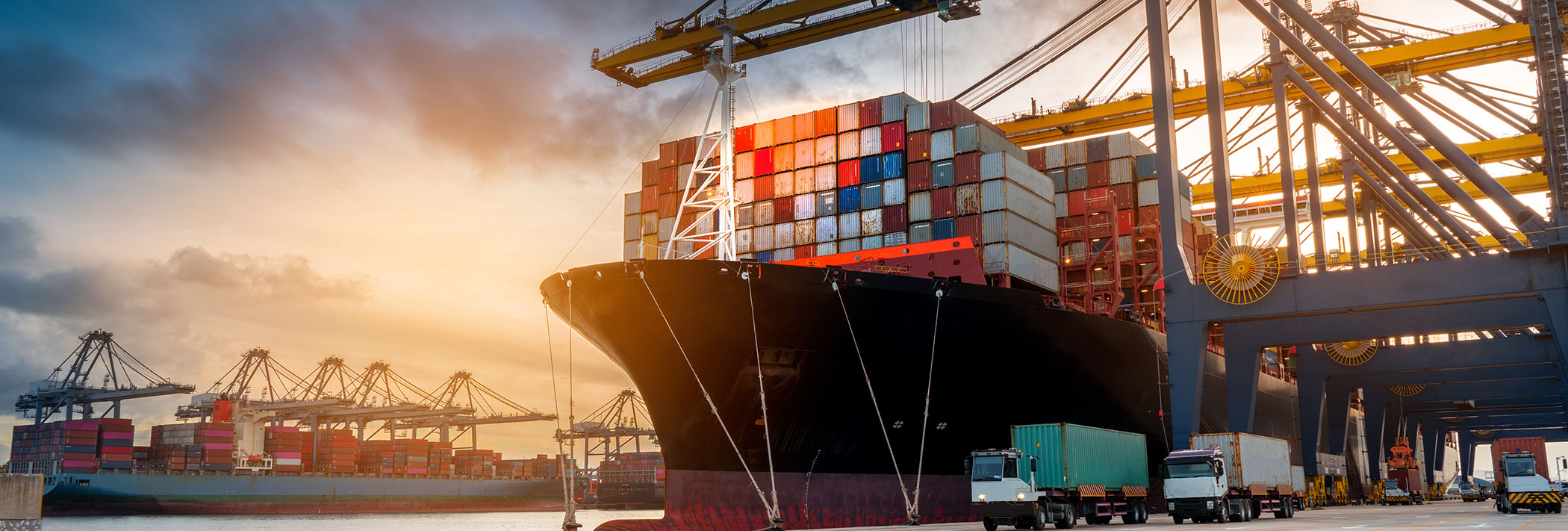Solar importers need clearer guidelines from U.S. Customs and Border Protection (CBP) under the Uyghur Forced Labor Prevention Act (UFLPA). The UFLPA is the latest in a series of trade interventions with crucial implications for the deployment of solar technologies to take effect in the last year.
Specifically, the UFLPA prohibits imports into the United States of any goods mined or produced using forced labor from the Xinjiang Uyghur Autonomous Region of China. CBP began enforcing the law on June 21, 2022. While the UFLPA targets a broad range of imports, solar panels have been a focus. CBP issued further guidance on June 13, 2022, citing manufacture of polysilicon—a critical component in solar panels—among the sectors with the highest risk of exposure to forced labor in Xinjiang. As of August, enforcement of the UFLPA has already resulted in more than three gigawatts’ worth of module detentions by CBP. Given its influence on the global photovoltaic supply chain, and especially in light of concurrent federal investments made to scale up domestic solar manufacturing, the Act’s enforcement remains critical.
The UFLPA’s reinforcement of existing U.S. regulations against forced labor comes in response to the state-sponsored detainment of more than 1.8 million Uyghurs and other Muslim minority groups in a system of mass internment camps in Xinjiang, China. Having recently navigated a CBP-issued Withhold Release Order (WRO) of a similar nature, solar module suppliers and their consumers are committed to identifying and removing forced labor from their supply chains. The UFLPA, however, heightens the evidentiary standard imposed on U.S. importers by rebuttably presuming that all goods mined, produced, or manufactured “wholly or in part” in Xinjiang or by entities listed on the Department of Homeland Security’s entity list are made using forced labor. Such goods are therefore denied entry into the U.S. unless an importer can “clearly and convincingly” prove that its imports are (i) outside the scope of the UFLPA, so that the presumption does not apply, or (ii) within scope but eligible for an exception. Rebutting the Act’s presumption requires substantive supply-chain documentation that ties every component in a product to a source that is free of forced labor. To that end, importers have so far relied on affidavits from suppliers attesting to the origin of their products while also collecting bills of lading, production records, invoices, and other supporting evidence. CBP should streamline the process for importers providing such information and increase the number of solar panels and critical components that are allowed to pass across U.S. borders.
Raw materials from Xinjiang are found in dozens of supply chains across the agriculture, healthcare, manufacturing, and energy industries; but because nearly half of the global supply of polysilicon comes from Xinjiang, CBP’s enforcement of the Act means that U.S. solar developers will continue to struggle until CBP provides transparent guidance on import requirements and documentation. Similarly to the Department of Commerce’s ongoing circumvention investigation, whose mere initiation put 51 GW of solar capacity and $52 billion of utility-scale investment at risk, the UFLPA is set to prevent as much as 12 GW of solar modules from entering U.S. markets by the end of 2022. According to AnnMarie Highsmith, Chief of Trade for CBP, as of September the agency had yet to receive any applications from importers for what it calls admissibility reviews, or requests to rebut the Act’s presumption using documentation. Instead, Customs has processed several requests for applicability reviews—claims by importers that goods currently detained by CBP have no connection to Xinjiang or restricted entities.
The American solar industry is taking the fight against human-rights abuses seriously. Many companies have reoriented their supply chains and onboarded third-party audit procedures to avoid using polysilicon sourced from anywhere in the Xinjiang region, and with the support of the Biden Administration, the Solar Energy Industries Association (SEIA) has taken steps to turn an internal supply-chain traceability protocol into an industry standard. However, it is essential for CBP to provide clearer guidance and systematic procedures for solar imports.



